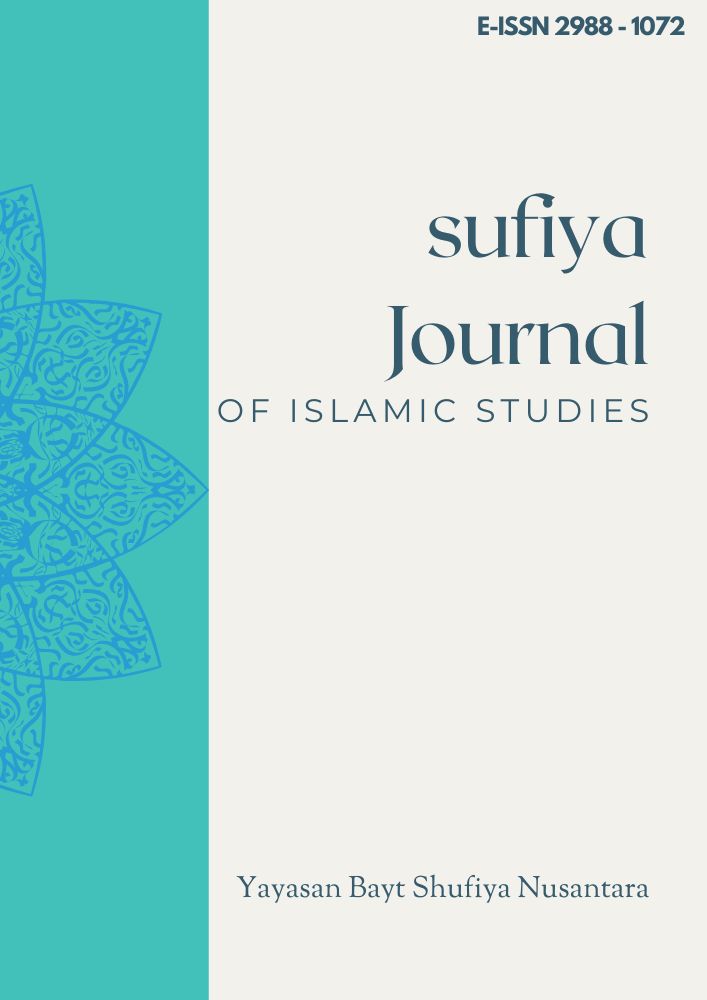Implementasi Kurikulum Merdeka dalam Praktik Pembelajaran Merdeka Belajar
Keywords:
Independent Curriculum, Learning, Freedom of LearningAbstract
This research aims to examine conceptually how the Independent Curriculum is implemented in learning practices in schools, especially in shaping student character through the dimension of the Pancasila Student Profile. This study uses a literature study method with a descriptive-qualitative approach, which combines the analysis of policy documents and the study of educational theory. The results of the study show that the Independent Curriculum presents a learning system that is oriented to the principle of "independent learning", which provides freedom for students to explore their potential according to their interests, talents, and learning needs. The teaching tools used, such as the Pancasila Student Profile Strengthening Project, not only support academic aspects, but also instill spiritual, social, and moral values in depth. Thus, learning in the Independent Curriculum not only focuses on the transfer of knowledge, but also the formation of a whole human being who has a strong spiritual foundation and is able to contribute to the life of the wider society.
References
Faiz, A., & Faridah, F. (2022). Program Guru Penggerak Sebagai Sumber Belajar. Konstruktivisme : Jurnal Pendidikan Dan Pembelajaran, 14(1), 82–88. https://doi.org/10.35457/konstruk.v14i1.1876
Fitriyah, C. Z., & Wardani, R. P. (2022). Paradigma Kurikulum Merdeka Bagi Guru Sekolah Dasar. Scholaria: Jurnal Pendidikan Dan Kebudayaan, 12(3), 236–243. https://doi.org/10.24246/j.js.2022.v12.i3.p236-243
Ibrahim, I., Husnah, A., Fadillah, A. R., Eriska, E., & Amanda, S. (2024). Preparation For The Implementation Of The Independent Curriculum. Journal Analytica Islamica, 13(1), 101. https://doi.org/10.30829/jai.v13i1.18427
Koesyono Efendi, F., & I Wayan Suastra. (2023). Implementation of The Independent Curriculum in Elementary Schools. International Journal of Contemporary Studies in Education (IJ-CSE), 2(2), 149–153. https://doi.org/10.56855/ijcse.v2i2.363
Nari, N., Khaidir, C., Arif, Y., Gistituati, N., Rusdinal, R., & Intes, A. (2023). The Strategy of the School Principle in the Implementation of the Independent Curriculum. Lingeduca: Journal of Language and Education Studies, 2(2), 174–186. https://doi.org/10.55849/lingeduca.v2i2.310
Noviantari, I., & Agustina, D. A. (2023). Development of Teaching Modules on Independent Curriculum Implementation. Social, Humanities, and Educational Studies (SHES): Conference Series, 6(1), 465. https://doi.org/10.20961/shes.v6i1.71154
Quratul Aini, & Adiyono. (2023). Implementation of an Independent Curriculum in Supporting Students’ Freedom to Create and Learn. Journal of Scientific Research, Education, and Technology (JSRET), 2(3). https://doi.org/10.58526/jsret.v2i3.187
Suryati, L., Ambiyar, & Jalinus, N. (2023). Evaluation of the Implementation of the Independent Curriculum with a Technology-based Learning Model. Jurnal Penelitian Dan Pengembangan Pendidikan, 7(3), 438–447. https://doi.org/10.23887/jppp.v7i3.66635
Wanti, L., & Chastanti, I. (2023). Analysis of preparation in the independent curriculum implementation: Case study on IPAS learning. BIO-INOVED : Jurnal Biologi-Inovasi Pendidikan, 5(2), 250. https://doi.org/10.20527/bino.v5i2.15493
Downloads
Published
How to Cite
Issue
Section
License
Copyright (c) 2025 Jesika Aprilian Purba Siboro, Helena Zepania Samosir, Fibra Ananta, Clara Theresia Lumbantoruan, Antonia Lioncun br. Sitorus, Christa Voni Roulina Sinaga

This work is licensed under a Creative Commons Attribution-ShareAlike 4.0 International License.














